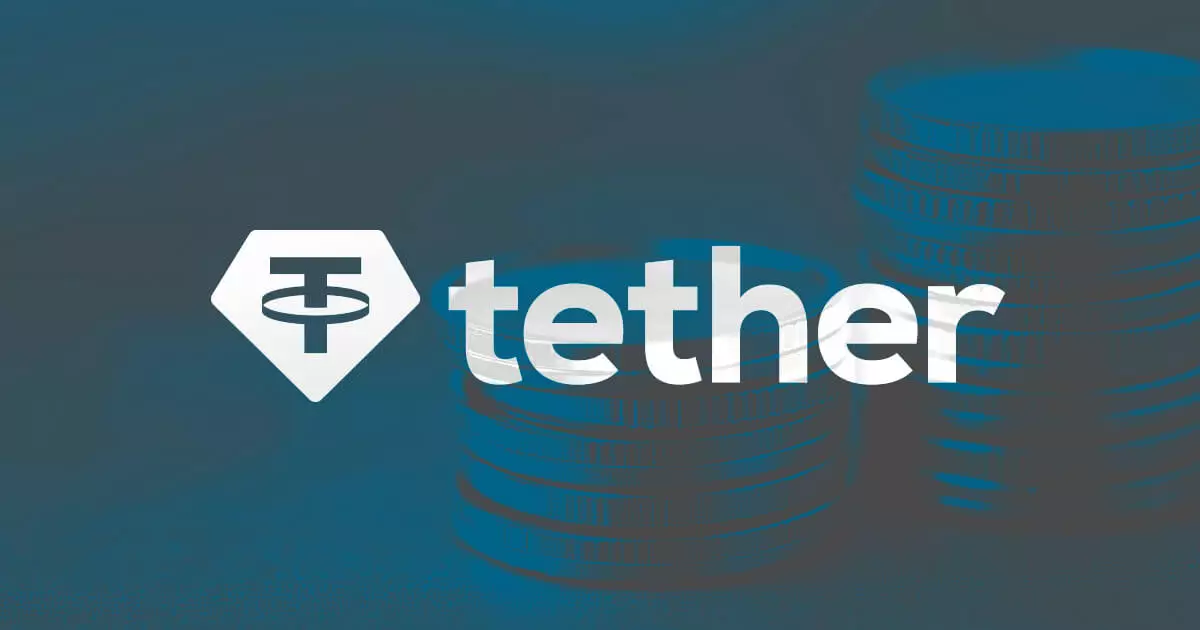In the world of cryptocurrencies, where speculation often reigns supreme, Tether CEO Paolo Ardoino has taken a firm stance against recent allegations concerning an investigation into his company by U.S. federal prosecutors. Following a report from the Wall Street Journal suggesting that Tether was under scrutiny, Ardoino quickly dismissed these claims as outdated noise, asserting that such reports are not reflective of any factual situation. His emphatic rejection serves as a reminder of the need for caution when addressing allegations, particularly in an industry fraught with misinformation and rapid development.
Tether’s official response to the Wall Street Journal was equally pointed. The firm labeled the publication’s reporting as “irresponsible,” emphasizing that the claims surrounding the alleged investigation are unfounded and based largely on speculation. This reaction not only aims to protect Tether’s reputation but also highlights the challenges that cryptocurrency enterprises face in communicating with a media landscape that can sometimes prioritize sensationalism over accuracy. Tether contends that the article in question failed to acknowledge its considerable efforts to combat illicit activities within the crypto sphere, further questioning the integrity of the reporting.
Despite the negative publicity, Tether remains unwavering in its commitment to law enforcement. Earlier in September, the company proclaimed its determination to collaborate with regulatory bodies and took proactive measures by launching the External Investigations Unit. This specialized team, which includes former law enforcement personnel, prosecutors, and forensic analysts, signifies Tether’s proactive approach to enhance security and compliance within the cryptocurrency sector. By establishing such an entity, Tether not only aims to prevent fraudulent activities but also to contribute positively to the industry’s integrity.
The firm’s claims regarding its active collaboration with law enforcement look impressive on paper. Tether asserts it has assisted 180 agencies across 45 jurisdictions, has successfully frozen more than 1,850 wallets connected to illicit dealings, and has recovered approximately $114 million. Additionally, it boasts blocking $225 million linked to fraud prior to the issuance of legal orders. These figures are illustrative of Tether’s attempts at transparency and responsibility in an often murky environment. They reinforce the narrative that the company is not merely a passive participant in the sector but an active force for good in fighting cryptocurrency-related crime.
In sum, the allegations surrounding Tether serve as a case study in the broader issues of regulation and media scrutiny in the cryptocurrency industry. Tether’s resolute denial of wrongdoing and its focus on compliance and cooperation with law enforcement underscore the importance of context and accuracy in reporting. As the crypto landscape evolves, the potential for misunderstandings only increases. Therefore, it is crucial for both media outlets and cryptocurrency firms to work towards fostering a more informed discourse. Amidst the uncertainty, Tether aims to showcase its positive initiatives while navigating the turbulent waters of public perception.



Leave a Reply